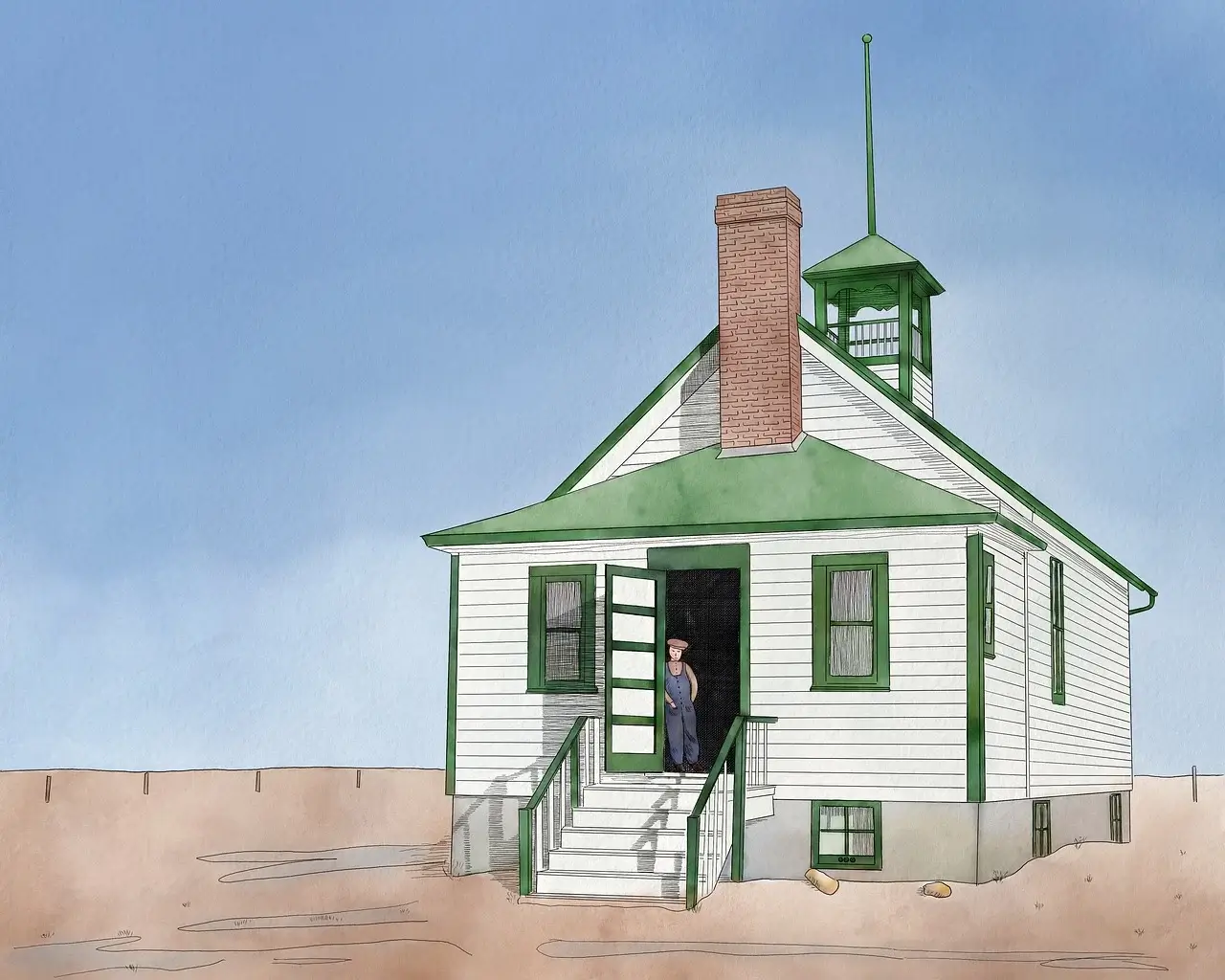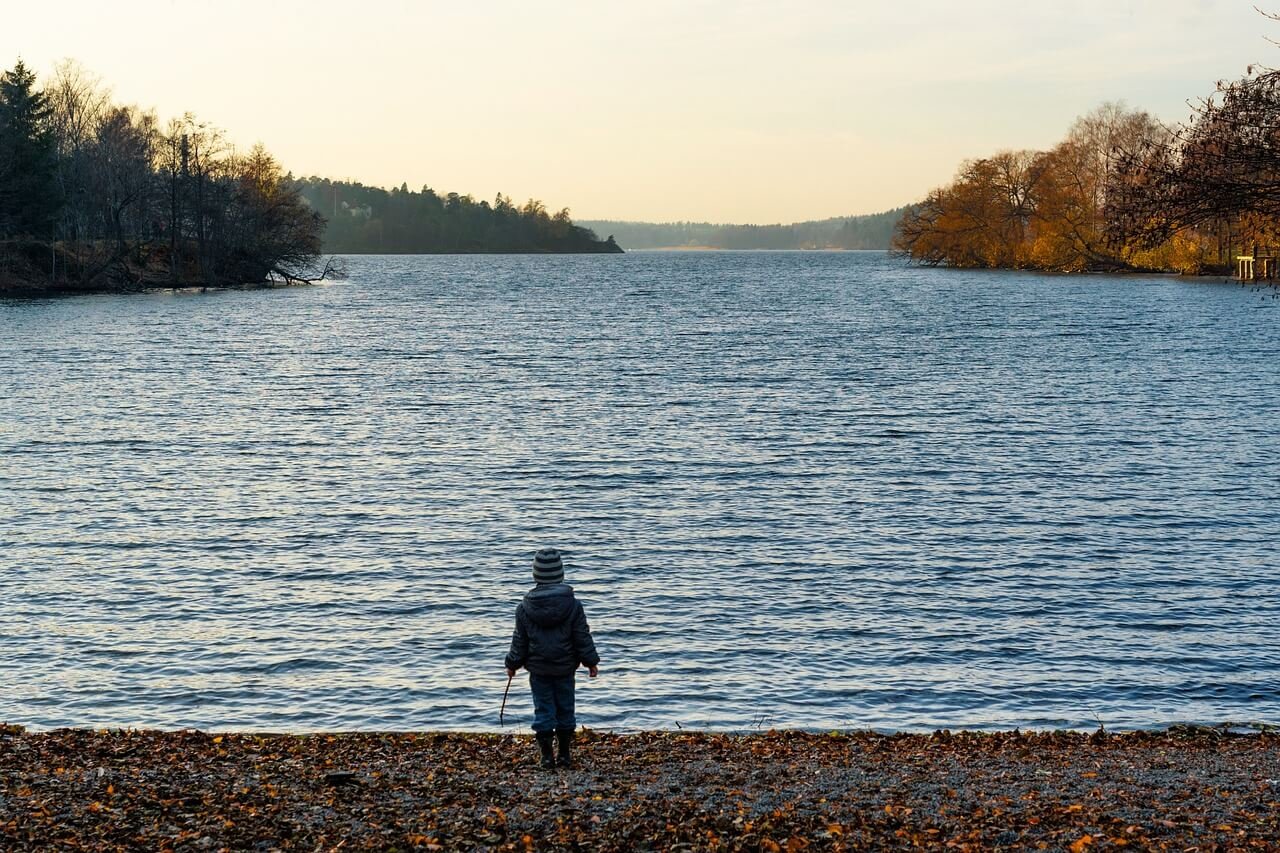I think family – whether complete and whole, totally missing, or anything in between – has a significant influence on how we do, or don’t, develop spiritually. As I mull over the person I am today and consider how I got to be me, how aware or unaware I am of why I do the things I do, my goals in life, my purpose, it’s hard to know exactly how my family influenced me. I wonder if they continue to shape the way I see the world, or did their impact stop somewhere along the way? Also, how deep did their worldview impress upon on me?
My parents began my life as they planned to start a family. The went about doing the things that make children and birthed me into the world. They also began my life by passing on a particular way of seeing everything. Their unique perspective and beliefs were transmitted over a period of time, developing through every action they took, every emotion they exhibited, every word they said, everything they taught me. Inversely, and just as powerful, was everything they didn’t say, every action they didn’t take, every emotion they didn’t show, everything they didn’t teach. I learned how to be a person by mirroring my parents. I learned to navigate the world as they would, to say the things they would say or holding my tongue when they would, feeling certain emotions and suppressing others. Everything I learned became my base of operations. It was the primary way I would interact with other people and engage the world.
For a long time in my twenties, I became angry with my parents. As I was becoming my own person, I spent a considerable amount of time reflecting on who I was, and how I came to be me. I started to feel my parent’s worldview was hypocritical. Their way felt claustrophobic and narrow. Part of my own deconstruction of my beliefs included rejecting theirs, and that process caused me anger. I was upset at my parents for thinking the way they thought, feeling the way they felt, and for believing the things they believed. I couldn’t make sense of it. It appeared incoherent and full of holes. I tried to see them from a different perspective, to see them as victims of a powerful, constrained, yet appealing belief system that was passed on to them, just as they gave their beliefs to me. I blamed their parents for teaching them a way of life that was wrong. I blamed their church for being an environment that would allow them to cherry-pick certain beliefs from the bible to reinforce their own emotional states, to run away from their inner confusion or discomfort, without facing or processing it.
In hindsight, my anger put in motion an exercise that I was ready to learn: how to see dissonance in the world, in people I loved, in myself, and how to process my confusion without getting lost in my anger. As I’ve arduously tried making better use of my anger, I’ve learned that dissonance is everywhere. I see it in myself more and more. I see it in my closest relationships. I see it in our nation and world. To me, it’s growing abundantly clear that we can’t escape it.
With a changing worldview comes a spiritual opening, an opportunity to be curious about contradictions rather than angry at disunity. Not picking a side as I stare into a paradox is, without a doubt, a much less comfortable stance to endure. The emotional assurance I once required has altered when I let go of my long-held convictions, and I begin to see a much different world: a world that co-exists, even thrives, with its differences. Reconsidering my initial hang up, my parent’s handing down their way of thinking, feeling, and being, I realize it’s only a natural event, necessary to my growing up. I can integrate the helpful things my parents taught me, and peacefully let go of what I disagree with. I likewise learn that I am more than the beliefs passed on to me, and that I’m capable of forming a personal knowledge of Life less influenced by anger, empowered by personal freedom and curiosity, leading to a generous worldview.




Leave a Reply